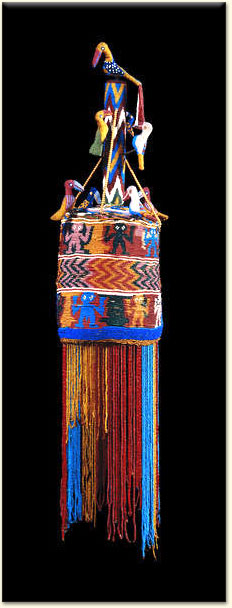I shall start by firmly resisting the impulse to define or illustrate what "natural phenomenon" may mean. Tough for you, easy for me. I apparently have been thinking about it all night in my sleep, and when the 3:00 AM bell sounded for Matins, there was a Pickwickian and philosophical crowd within my soul, each fighting the other to pull their socks up and get to their several duties: some to this keyboard, some to taxes, some to coffee-making, some to humming and thinking of pictures. A strange group this posse. The dog pound of my head this morning was domini canes - Dominicans - filled with thoughts of religion, morality, and philosophy.
Having studied Phil 101, I recalled talk about nomic universals, nomic derives from nomos, Greek for "law". Scientific Laws and statements strove to attain this status. It was very hard to see where science claimed the right to nomic universals, since there were always exceptions if one but looked hard enough or long enough.
If you read a scienctific journal even once a month, one thing is probably very obvious: Nomic Universals are scarce as hens' teeth.
In my life and that of my parents, the universe went from the Milky Way being a wallflower at the dance to being introduced to young Hubbell and undergoing a complete transformation to the point where she spends all of her time clubbing and driving home nearly at the speed of light!
Then there's the matter of the crowd she hangs with: Dark Matter and Dark Energy: where did they come from? And why have the Milky Way's parents not met them yet... much less even seen them?
If there is one thing about natural phenomena that impresses me, it is the lack of nomic universals.
So it strikes me that if Morality is a natural phenomenon, that sounds the death-knell for Absolute Truth.
It does not, however, even slightly affect Morality.
If it takes a whole village to raise a child, and it takes that village about 16 years to do so, Morality is that process of nurture, guidance, mentoring, and meticulous awareness of a master gardener that the child grow in a natural and healthy manner.
Morality is not short or peremptory, it is not loud nor abusive, it does not grow frustrated and lose its temper. Morality is the Wisdom of growing things: precepts, adages, maxims, reminiscences, narratives, and shaggy dog stories... extreme patience that does not seek clear cut edges to reality...
Morality does not seek to define.
Morality does not seek to divide nor separate.
It is Charity in action: Practical Charity versus Theoretical Charity, if you will. As such, even though it may be a natural phenomenon, it is obvious that some people will avoid Morality as they avoid Charity. Free will trumps everything except death and taxes.
As such, it throws you back upon your own resources to grow in stature and understanding, which is why I would not define "natural phenomenon" for you. Do it yourself.
Good discussion: http://branemrys.blogspot.com/2011/04/morality-as-natural-phenomenon.html
--
Thursday, April 14, 2011
Subscribe to:
Post Comments (Atom)

















2 comments:
Well, yes, Morality is a "natural phenomenon" since we can learn to know right from wrong. I suppose though Morality is more absolute within a certain society that allows that society to function...I say more, because of course a society is dynamic and so morals are subject to change. However, its also a very grey area and in certain cases it becomes difficult to decide what the moral choice is. I suppose that links in to one of your earlier posts about Virtues as a light to guide you when all other lights go out. HOWEVER, it just occurred to me that there could indeed be an "Absolute" facet to Morality - a good person will try and maximize healthy happiness and joie de vivre in others, whilst a bad person causes pain for others. So you could say: Good morals = happiness, and bad morals (or action) = pain. So, perhaps that happiness / pain is in fact an Absolute, or the closest one can get to an Absolute in morality.
Ben
Wow! I like that reference to Virtue, because I had totally forgotten it.
Instead of looking for what is absolutely True, we should look for what is absolutely Feasible, or what Works absolutely:
"Virtue works absolutely when it is crunch time, and that is all that matters."
(By "crunch time" we mean Life and Death stuff: real physical death or psychological death... the real deal.)
I do not think that ever occurred to me in quite that way before.
You know, I think that if you take the link I gave and then follow that fellow's link back to the original discussion, we may find it interesting to think of the whole thing from this new viewpoint.
If I recall correctly, I think Virtue would explain somewhat the concept of "strong evaluations" that occurs in the original.
And now I wonder if Morality then becomes the study of Virtue. Virtue has a different focus, and does not, for example, concern itself to weigh happiness like a butcher weighs chops.
I like the way this came out.
Post a Comment